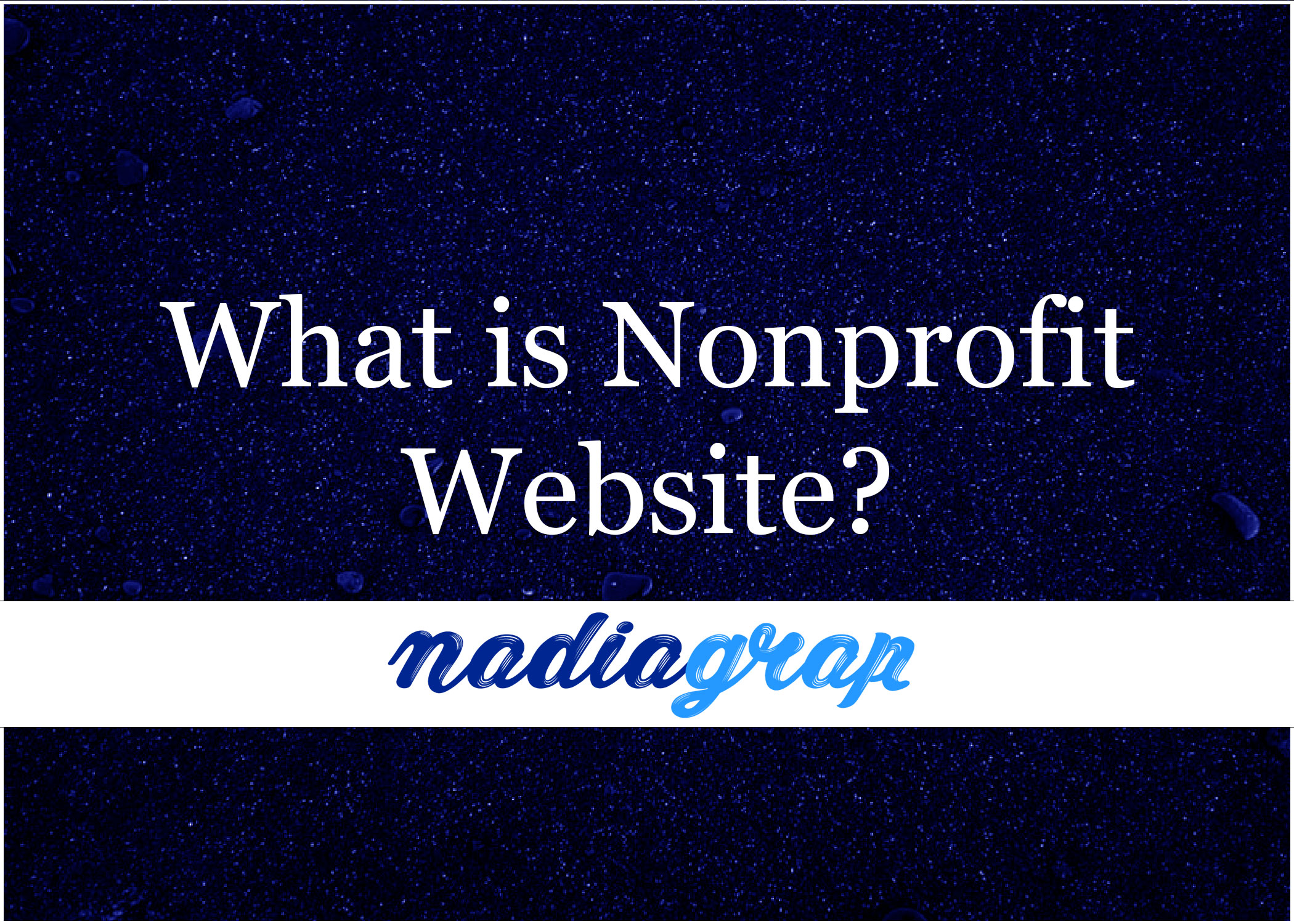

Podcasts are generally unique audio or video recordings, although they can also be recordings of a television and radio show, a lecture, a concert, or another function. Each episode of a podcast is generally available in the same file format, such as audio or video, so that listeners may experience the program, in the same way, every time.
WordPress began as a basic blogging platform that allowed anyone with no technical skills to create their own blog. Although WordPress is now much more than just a blogging platform, it has stayed true to its beginnings and aspires to empower anybody to manage a complete website.
The most important thing to remember is that WordPress is an excellent platform for hosting a podcasting website, and WordPress is used by the great majority of self-hosted podcasts.
WordPress is Open Source, which means it’s free to use, customizable, and comes with a large community of users that collaborate to create new tools and assist one another.You’ll begin with a basic site, but WordPress will expand with you as you add plugins, tools, and themes to create the ideal site for your small business.
While podcasting sites and social networking platforms are important for garnering an audience, websites continue to be an important part of online brand promotion. A good brand is especially crucial for your podcast – you’ll want to utilize a distinctive brand if you want to build a better image for your podcast and give your listeners a clearer vision. A domain name may assist you in establishing your brand and creating an online home for it. If you want your podcast to truly take off, you need to create a website for it.
You may post old and new episodes on your podcast website, offer information about yourself or your organization, and direct listeners to useful resources. Most significantly, you may create a contact page where people can leave comments, questions, and suggestions.
There are several options for creating a podcast website, but we prefer WordPress. This free, open-source platform makes getting your site up and running simple while also giving you access to a variety of customization options.
In a previous article, we explored the reasons creating a WordPress podcast website is such a smart idea. Right now, let’s look at how to actually get your website up and running.
It might be difficult to figure out how to start a podcast. New programs are released on a weekly basis, but understanding how the intricate inner workings function takes some prior knowledge.
Fortunately, podcasting isn’t as difficult as it may appear. In fact, there are just five stages to turning a concept into a podcast, and we’ve got all the specifics right here.
Keep in mind that this isn’t just any ordinary venue for your concert. We’re creating a podcasting-specific website with all of the tools and strategies you’ll need to create a large following. You’ll have a website that attracts new listeners and transforms existing listeners into ardent fans, if not consumers, by the end of this three-part series.
It’s all about making your site seem beautiful and tailoring it to fit your business. Here’s what we’ll talk about:
WordPress plugins are similar to themes in several ways. They’re distinct add-ons that you may install on your site to make it more personalized. Plugins, on the other hand, provide new features and functionality to your site rather than simply modifying its design.
For almost any WordPress website, there are a plethora of helpful plugins. However, as a podcaster, you may wish to look for one or more high-quality podcast plugins. The following are a few of the best places to go:
Each of these plugins may assist you in transforming your standard WordPress site into a podcasting powerhouse. Now all you have to do is start uploading your episodes!
Every theme is unique, so explore your theme settings to experiment with colors, fonts, and layouts, among other things. Nonetheless, here are some pointers to help you create the greatest possible podcast website.
A few basic pages are required on any podcast website. An About page (or About the Show) should describe your podcast, what you speak about, and who you’re publishing it for.
You’ll also need a Contact page, which details all the many methods people may contact you. Include an email address, social network connections, and a form so that people can easily submit their information.
Ensure that one of your pages is marked as a blog. This is where WordPress will display a chronological list of your most recent Posts, starting with the most recent.
Even if you don’t have a podcast episode to put on the page, it’s a good idea to make a new Post immediately away so that your website has something to look at. Write a brief description of your forthcoming performance and why people should tune in.
Building an email list is an important element of promoting your show since it allows you to alert fans when a new episode is released.
Use a lead capture service like OptinMonster and post opt-in forms on your podcast website for visitors to submit their email addresses to increase your list. The sidebar, footer, and bottom of each podcast article are all excellent places to start. Don’t forget to link your lead-generating tool to your email service provider so you can keep track of all the addresses you’ve collected in one spot.
When you’ve finished your podcast episode and are ready to share it with your audience, use the podcast plugin to publish it straight to your WordPress site. Because the procedure varies with each plugin, be sure to consult the documentation for the most up-to-date information.
The plugin will send information to the podcast hosting provider as new content is uploaded to WordPress, allowing the bigger audio files to be appropriately stored. The information about the podcast should be updated in both the plugin and the hosting service’s interface so that it is consistent across both platforms.
Because the audio files are uploaded directly to WordPress, rather than the other way around, the plugin usually sends the updated information to the podcast hosting provider. To put it another way, the plugin updates the host, but the host does not have the ability to update the plugin. This is an essential point to keep in mind when you begin to manage your podcast on a long-term basis.
You’ll be able to manage everything straight from WordPress’ dashboard as you continue to create new material and submit new episodes. When podcasting with WordPress, here is where the efficiency benefits truly show.
There’s no need to switch between different platforms, repeat activities, or manually syndicate your podcast to your website. Everything is finished in a simplified manner.
Many podcast plugins include in-depth statistics built into their interfaces, such as the number of listeners and device breakdowns. You may use these features to determine which episodes are working well and continue to create material to keep your audience engaged.
It’s simple to see why podcasting with WordPress is so popular. WordPress provides a better approach to podcast with its streamlined processes, centralized management, and numerous configurable options.
As you move through this six-step approach to creating a podcast website, keep these best practices in mind so that your site shines.
WooCommerce, like WordPress, is an open-source platform that is the most popular choice for creating a podcast website. And it is presently the most widely utilized podcast technology.
WooCommerce is used by around 27% of all websites worldwide or 35,712 websites.
WordPress is a free and open-source content management system that works well with WooCommerce. Depending on the items you’re selling, you may customize your site using WordPress and WooCommerce.
You can easily install numerous WordPress and WooCommerce plugins to enhance the functionality of your podcast site.
A premium WordPress theme is an excellent alternative for podcast websites since they provide good customer service and are even more flexible.
So, whether you’re starting a small or large podcast business, WooCommerce has everything you’ll ever need to create a high-quality podcast store using the WordPress platform.
How to build a podcast website?
Check whether the domain name is available using a website like Namecheap.
You can contact me on Fiverr for hire. I will build a professional website for you. Or if you want you can contact me on facebook, linkedin or instagram. Or direct contact with me on my website nadiagrap.com.
Podcasts have never been more popular – which means it can be a challenge to carve out your own space. Building a dedicated podcast website is the perfect way to stand out from many of your competitors, and create an actual community around your work.







About the Nonprofit Website: The ability of nonprofits to communicate their message and cultivate an audience determines whether they succeed or fail. Developing a non-profit

What Is Affiliate Marketing and What Does It Mean to You? Affiliate marketing is a type of advertising in which a firm pays third-party publishers

What is the definition of an educational website? Websites with games, movies, or topic-related resources that operate as tools to increase learning and augment classroom

What is the definition of an entertainment website? An entertainment website is a brand or website that focuses on providing its consumers with high-quality entertainment